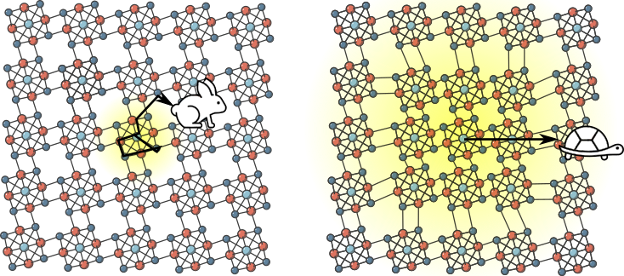
A floating, solar-powered device that can turn contaminated water or seawater into clean hydrogen fuel and purified water, anywhere in the world, has been developed by researchers.
The device, developed by researchers at the University of Cambridge, could be useful in resource-limited or offgrid environments, since it works with any open water source and does not require any outside power.
It takes its inspiration from photosynthesis, the process by which plants convert sunlight into food. However, unlike earlier versions of the ‘artificial leaf’, which could produce green hydrogen fuel from clean water sources, this new device operates from polluted or seawater sources and can produce clean drinking water at the same time.
Tests of the device showed it was able to produce cl...
Read More




/prod01/channel_3/media/tcd/news-images/fly-d-OLRXnzXFBjo-unsplash-2.jpg)



Recent Comments